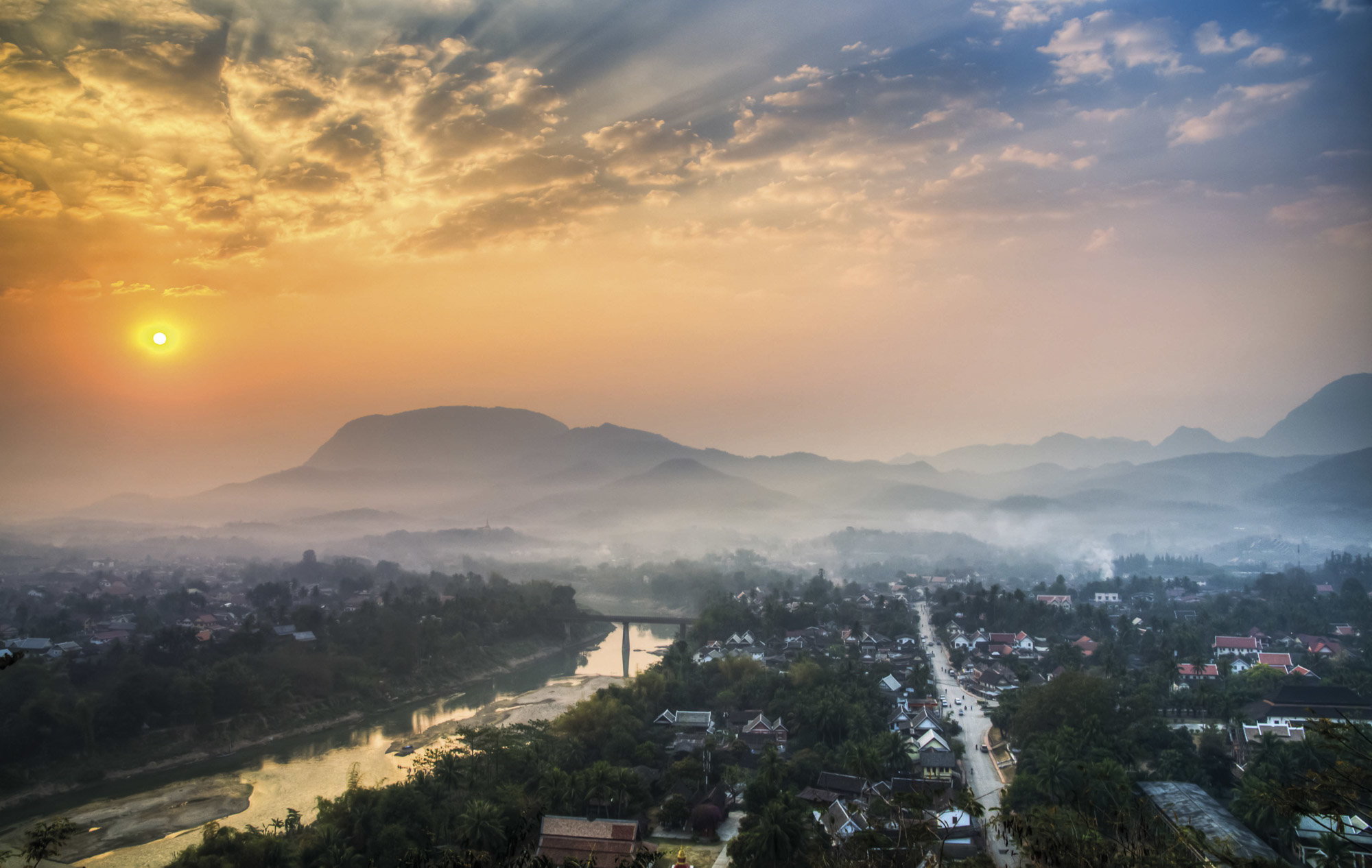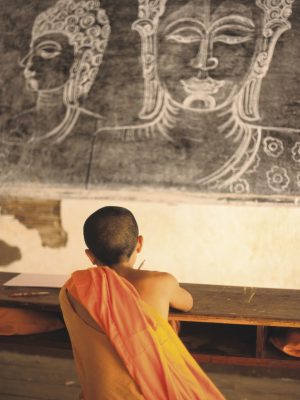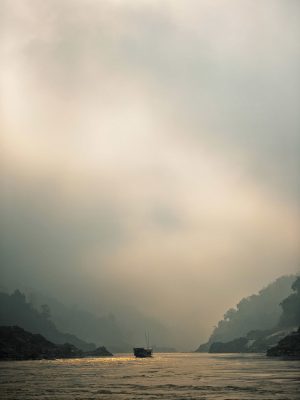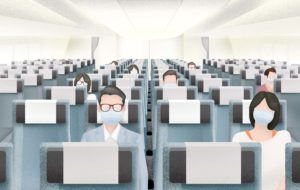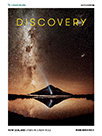I have never been so reluctant to land somewhere. I feel unsteady walking down the plane stairs and across the tarmac to the red-roofed building that is Luang Prabang’s tiny airport terminal. Waiting to have a photograph taken for my visa at immigration, I wonder whether I look any different from the last time I was here, in October 2017, when I arrived with Laurence.
Laurence was my boyfriend of four years. We’d come to Laos on holiday from our home in Hong Kong, choosing the destination, as you do, without much thought beyond a few Google searches. The day after we arrived, something so unimaginable happened that, still, I don’t think I believe it. I went off for the day to an elephant sanctuary and came back to our hotel to find Laurence, not breathing, on our bed. He’d accidentally overdosed on a mixture of drugs and alcohol, including the medication he’d been taking for depression and anxiety.
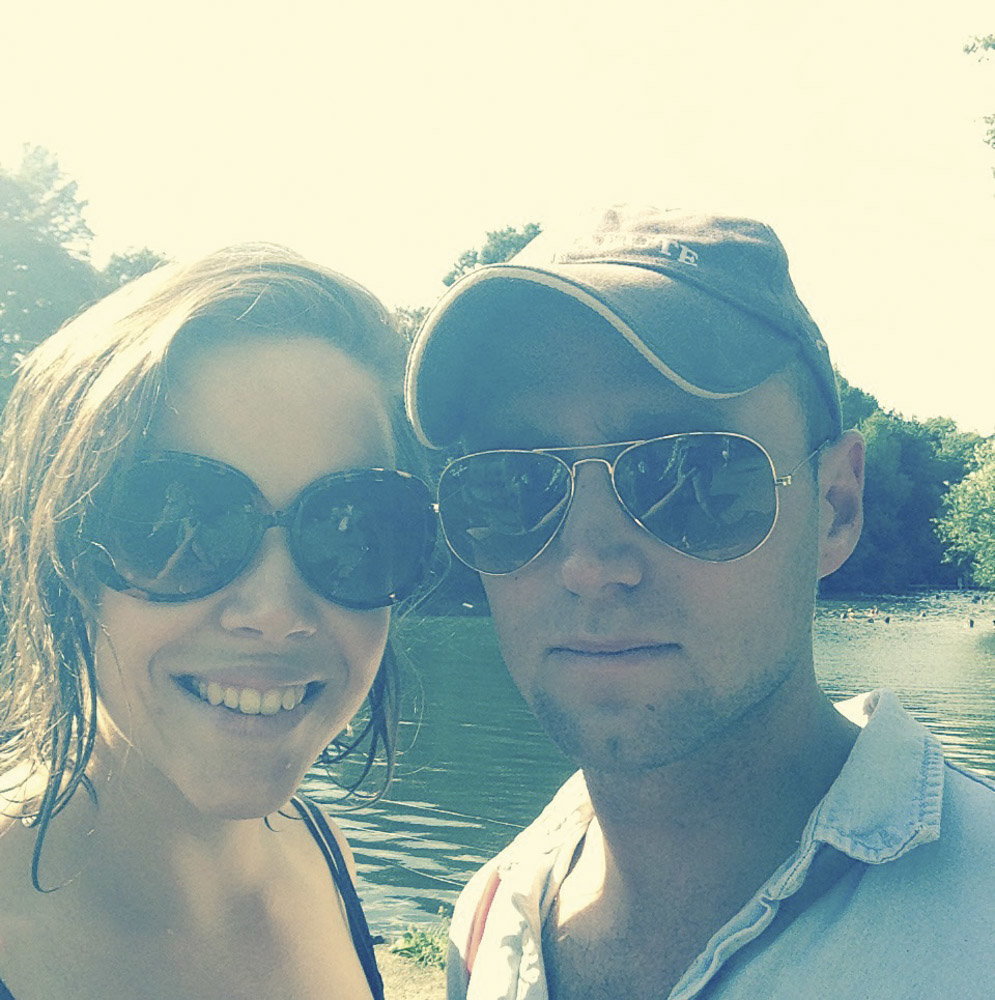
This is the first time I’ve come back to Luang Prabang. I’m not alone: Laurence’s brother and sister have travelled from the UK. Landing here is an instant passport back to the awful memory of that day and those that followed, when our families and a few best friends flew in from across the world to a place many of them had never heard of before, and we all began to try and navigate our way together through the shock and devastation.
Some images of the week or so I spent here will forever be inscribed on my mind. The faces of the orange-robed monks, barely in their teens, who gathered on the steps of the temple next door to our hotel to watch when Laurence’s body was carried out to the empty van they called an ‘ambulance’. The red ink sponge at the police station: I smeared my thumb on it as a signature to my account of what happened the day afterwards. The deep red-pink of the hibiscus my mother picked for me to drop in the Mekong for Laurence when we took a boat ride down the river one evening. The sun that night, setting behind the hills lining the river, lighting up the water as though it were on fire.
How do I feel? Completely detached – from something so beautiful, when my most beautiful person had been taken away.
There are some good reasons to return to Laos, though I was reluctant at first. Laurence’s sister Phoebe has never been, and despite our nerves at returning we hope it will help us feel more at peace with what happened. She and his brother George have also made donations to the Lao Friends Hospital for Children, opposite the place where Laurence was laid for a few days in a morgue before he was flown back to the UK. We got to know a few doctors there who were very kind, and we all felt that the children’s hospital, despite housing so many ill and malnourished children, had a playful and happy spirit about it that Laurence would have liked.
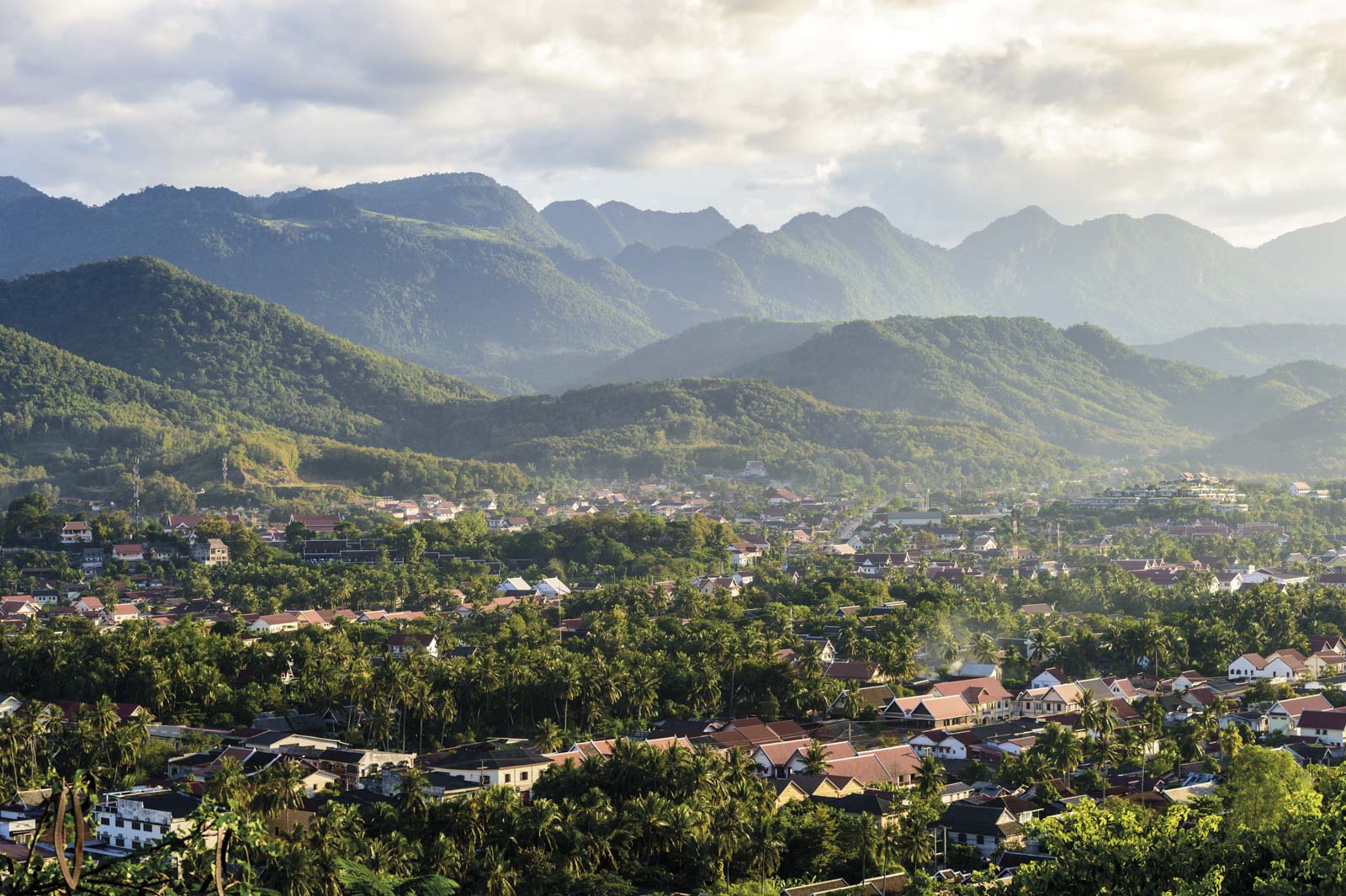
Living half in the present, half in the past, I feel so many things on the drive from the airport to the hotel. The darkness prevents me from recognising much, and I realise that part of my fear of coming back here is that by seeing the places in which I felt so devastated last year, I’ll be forced to live through exactly the same emotions again.
We’ve decided to stay again at The Grand Luang Prabang, where our families and I transferred after Laurence died, because it was one of the only places with enough rooms for us all. Checking in feels oddly like returning home. It’s a palatial place, the former home of the first prime minister of Laos, but its peaceful grandeur and amazing river views don’t seem to have made up for its position a few kilometres outside of town: just like when we were last here, I’m certain we are the only guests roaming through its quiet corridors. The staff are amusingly surprised that we want to have a drink in the bar in the evening, so we go into town and eat at the same places we ate before, remembering how weird it was that even as we were coming to terms with something being so badly wrong, we were able to do such normal things like ordering food, drinking wine, playing games of Perudo, laughing. We knew Laurence’s naturally dark sense of humour wouldn’t mind. Back in those places with George and Phoebe I laughed – and cried – so much again, something about sharing the same grief making it all feel safe.
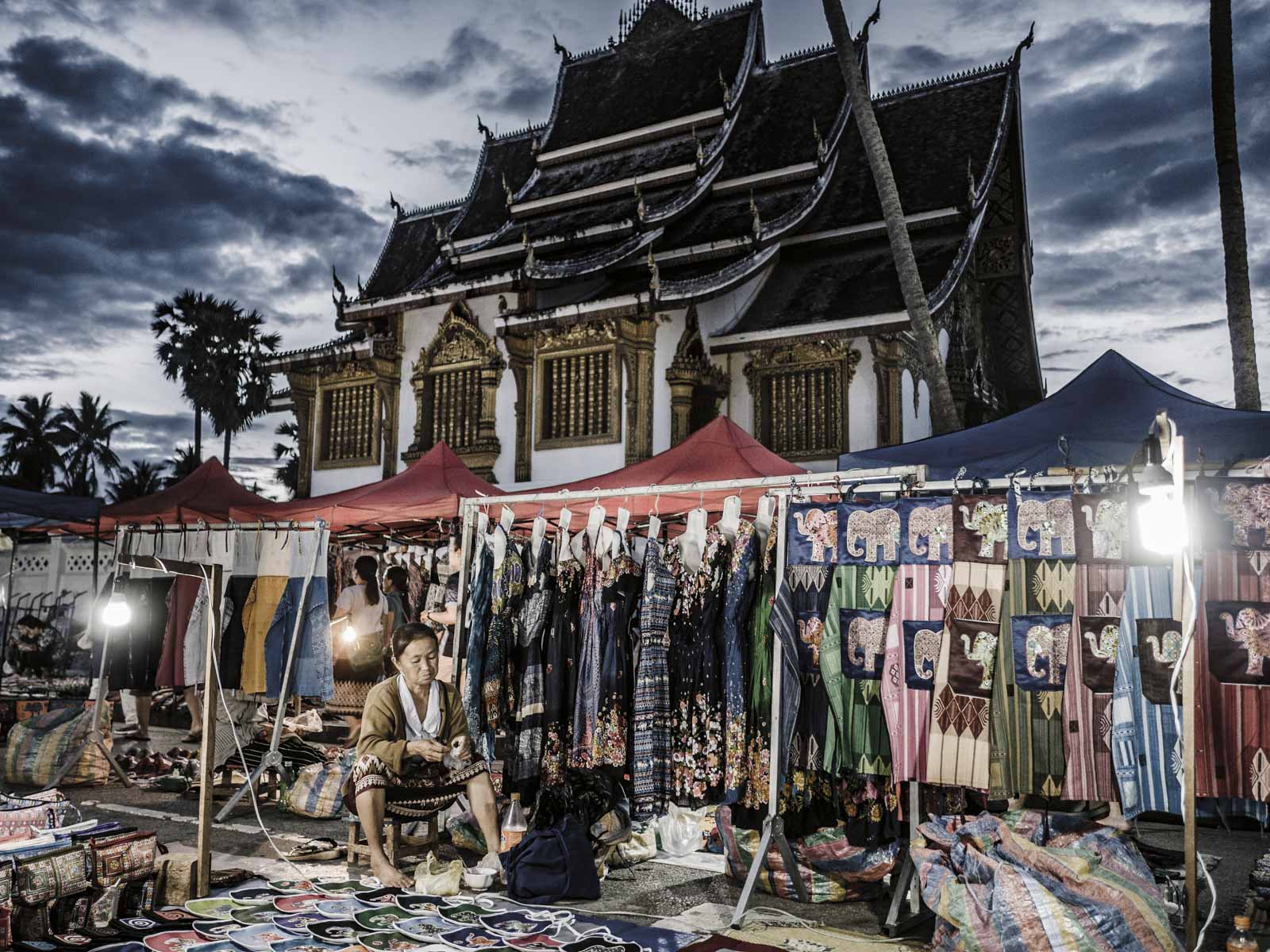
I find I am glad of the town’s beauty as we look around this time, seeing places both familiar and new. I’ve never been anywhere like Luang Prabang. It sits in a wide valley between ranges of rainforested hills and is bordered on one side by the Mekong, a wide, powerful river that’s like a living beast at the town’s feet. When Laurence saw it, he said it reminded him of the ‘great, grey-green, greasy Limpopo river’ in Kipling’s The Elephant’s Child: strangely that was the first thing George said when he saw it as well.
I’m glad for the pace of life, too. When we were last here we were endlessly frustrated by not being able to get practical arrangements made faster, but now I’m grateful for the heat that forces us to walk slowly; for the quiet in the pretty, flower-filled backstreets where we wander along to the sound of little birds skittering across tin rooftops; for the reassuring routine of Luang Prabang’s many monks, who walk down the streets collecting alms every morning and then return to their duties in the temples dotted throughout the town.
Left: Alison Wright/National Geographic RF/Getty Images; Right: Duncan Vere Green/Alamy Stock Photo/Argusphoto
I feel this must be as good a ‘memorial’ place as any graveyard or special spot people might choose to remember someone in. We find one bar where you can lie all afternoon on mattresses overlooking the river drinking chilled beers. It’s so very much the kind of place Laurence would have loved that we almost buy a beer for him, too, it feels so powerfully like he is there. I keep wondering if he is there – somehow in the huge blue and black butterfly that lands on the pillar of the temple close to where he died? He would definitely laugh at me for that thought.
As we get ready to leave, I suddenly feel strongly that I don’t want to go. My fears have been replaced by a sense of connection to this town, one that I feel oddly proud to have. It makes me realise how rare it is that places we visit ever end up meaning anything to us. But in my head Laurence is coming with me this time. And the town has one final farewell for me: on a shelf, on its own, in the cafe I sit in before leaving, is a battered copy of Player Piano by Kurt Vonnegut, the irreverent, imaginative, brilliant author who was Laurence’s favourite. The staff must be able to read something in my face. They let me take it home for free.
Cathay Pacific flies codeshare to Luang Prabang
What the psychologists say
Research shows that returning to the place where an upsetting life event occurred can come with intense emotions, but can also help with closure.
‘The location of a traumatic life event can play a significant role in a person’s functioning and recovery following trauma,’ explains Dr Tess Browne, a chartered clinical psychologist based in Hong Kong. Returning to such a location is a standard recommendation by psychologists and often forms part of the latter stages of therapy.
‘A common instinctual response is to avoid the scene of a trauma or any similar locations, as well as thoughts and memories of the place, in an attempt to avoid uncomfortable emotions and distressing memories,’ says Browne. ‘However, doing so can worsen a person’s coping ability as it prevents them from processing distressing thoughts, feelings and memories associated with the event.’
Returning to the scene of a trauma can reduce any fear a person associates with that place, and allow them to distinguish between ‘then’ and ‘now’. It can also help the person re-evaluate the way they think about the event, fill in any gaps in the memory of the trauma and test out fearful predications associated with the site.



